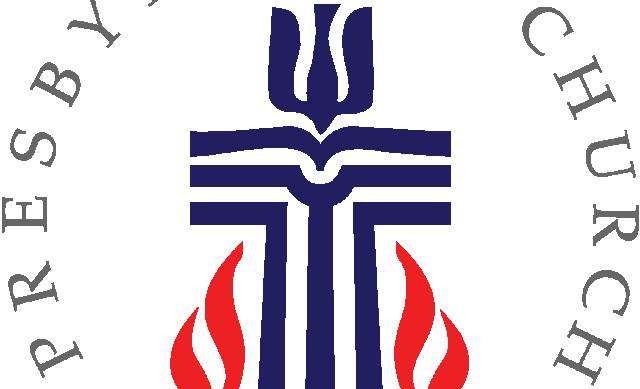

(By Leslie Scanlon, The Presbyterian Outlook). FRANKFORT, Ky. – A three-judge Kentucky Court of Appeals panel heard oral arguments June 26 in Roger Dermody’s appeal of a state court ruling in the defamation lawsuit he filed in May 2015 against the Presbyterian Church (USA).
Dermody, the PCUSA’s former deputy executive director for mission, was one of four men who lost their jobs with the denomination in 2015, following an ethics investigation involving the 1001 New Worshipping Communities program.
Dermody’s lawyer, Stephen Pence, argued before the Court of Appeals judges that while the PCUSA claims that Dermody violated its ethics policy, he did nothing dishonest or deceitful – which is what “people in their common, everyday language” think of as unethical.
While the denomination might say that Dermody violated its ethics policy, it’s defamatory to say “he had actually engaged in any unethical conduct,” Pence said. “He did not. … There was no dishonesty. There was no deceit.”
Dermody and three other PCUSA employees – Philip Lotspeich, Eric Hoey and Craig S. Williams – lost their jobs in 2015 following an investigation involving an unauthorized $100,000 grant sent to a nonprofit corporation set up in California. All of the money was repaid, and Linda Valentine, former executive director of the Presbyterian Mission Agency, has said none of the four acted for personal gain. The 1001 program is the denomination’s effort, endorsed by the 2012 General Assembly, to create 1001 new worshipping communities from 2012 to 2022.
Representing the PCUSA, lawyer John Sheller told the appeals court panel – presiding Judge Glenn Acree, along with judges Sara Walter Combs and Debra Hembree Lambert – that Dermody was not involved in setting up the corporation, but supervised those who did.
In September 2015, a state court judge in Louisville dismissed Dermody’s lawsuit, granting the PCUSA’s request for a summary judgment in the case. In that ruling, Jefferson Circuit Judge Judith McDonald-Burkman wrote that for the court to determine whether Dermody had committed an ethics violation, as the PC(USA) determined he had done, would require the court to interpret church doctrine and policies. And that’s not allowed, she wrote, under what’s known as the “ecclesiastical abstention doctrine and ministerial exemption,” through which the courts decline to become involved with matters of internal church governance.
In appealing that ruling, Dermody is asking that the case be sent back to state court for a jury trial.

2 Comments. Leave new
I find it most interesting that a denomination who is quick to the civil courts in matters of Property in Trust disputes, seeking the full weight of the secular State to reinforce what they consider ecclesiastical polity. Is the same group that is now back in court telling the same secular State, to in essence leave them alone, stay out of our private affairs. The PCUSA cannot have it both ways at the same time. The Secular state does nor exist to both due your bidding, and enforce your misguided polity, or strong arm dissident members of your entity at the same time. Then again in the alt-reality most of the PCUSA exists in, who knows what they think or assume any given minute.
They used this situation to get rid of what was left of the evangelicals in louisville to put in a bunch of leftys, plain and simple.